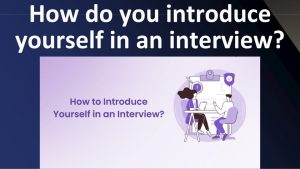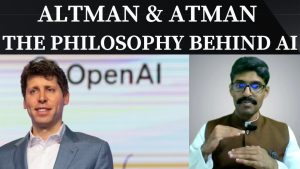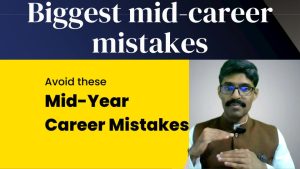The Insider Guide to Careers
Insider information, secrets and tips about getting hired and building careers. For employees and job candidates.
It is common to face the question of your weaknesses during an interview. The interviewer or HR recruiter asking this question has only one goal – is there something you have not disclosed so far and something that pricks your conscience? HR looks for people to self-incriminate themself and talk about getting fired, not having a good work ethic, being perceived as a difficult person to work on, a nit-picky approach to work, criminal acts of the past and a range of other possible missteps. I have seen people shoot themselves in the foot and answer this question badly, mainly because they have not prepared for it.
From an HR point of view, there are rarely any good answers to this question, but there are many possible wrong answers. Invariably, the answers tend to be tacky and nonsensical. For example, interviewers talk about how much they overwork, take on too many projects than they can handle, do not have a healthy work-life balance, etc. You get the drift. It is always a positive cloaked as a negative. Every interviewee gives the same banal answers, and that is ok. However, I recommend that the reader approach this question differently and channel it in a different direction.
The solution I propose is to reveal something deeply personal about yourself, something that is tied to your personal, professional, or economic journey, which few people discuss. Talk about your challenges and, importantly, how you overcame them. For example, a great story can be about childhood poverty or family challenges you have overcome through effort, determination, and hard work. You could close your answer by saying – “I may not be the ideal candidate you are looking for, and that may be my greatest weakness. But in the same way, I have overcome problems in the past; I will continue to give my 100% to solving every issue in the future.”
We all have deep, personal stories to share and rarely talk about them in an interview. The structure of interviews is generally about STAR stories to highlight work skills. It isn’t easy to talk about your personal triumphs in any way. This question about weaknesses (or strengths) gives you an opportunity to shift focus from the professional aspect of work and turn it towards something more personal, something about the real you. Every employer wants to know the real you but is scared to ask any personal questions for fear that it may have legal repercussions. Hence, this answer is an excellent way for you to talk about your personal journey and the challenges you encountered. Stories of family history and personal battles can be compelling stories. Do not assume that others do not care about your life stories and personal experiences.
Note that you cannot talk about personal issues you encountered and leave them without closure if they are something that could impact your work in the future. Be thoughtful about raking up issues of politics and hotly contested topics because you never know which side the interviewers are on. Companies often struggle to pick the best candidate because candidates rarely meet every interviewer’s expectations. Hence, these life stories may be your secret superpower in tilting the odds in your favour. No interviewer will forget a personal story, and your answer will be discussed during the interview calibration. More often than not, the job opportunity would go to the person who seems the most deserving.
Some will argue that companies should always discriminate between the most deserving professionally and the most deserving personally. However, the current world favours people who struggle more compared to people who struggle less. I would be the last person to criticize this approach because I have been the recipient of much generosity and kindness from multiple universities and companies. We are all human beings who are influenced by stories we hear, listen to, and read about.
For more such articles, also follow my Substack and Careerbolt channels.



